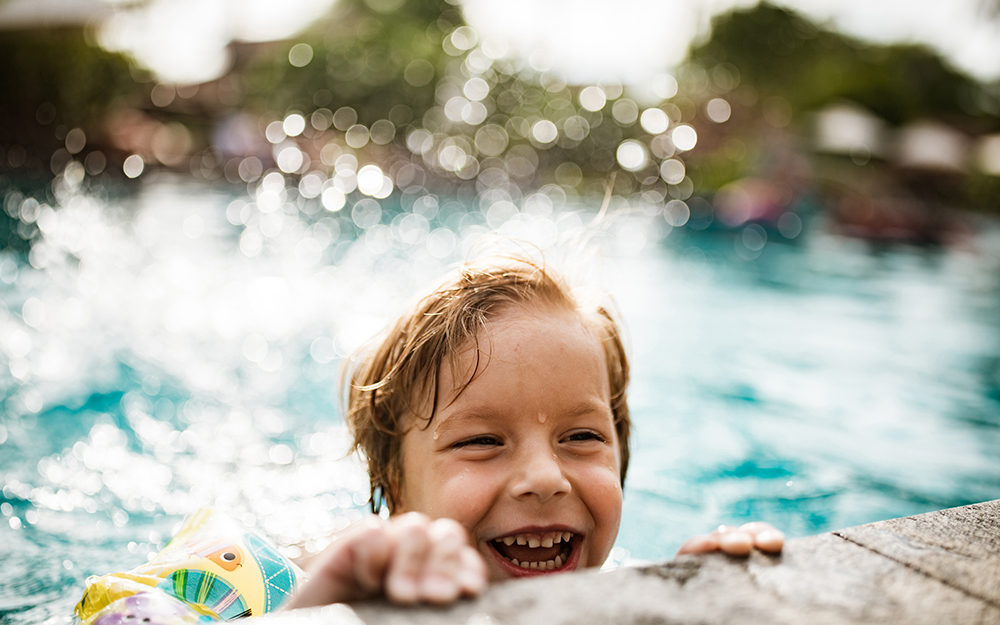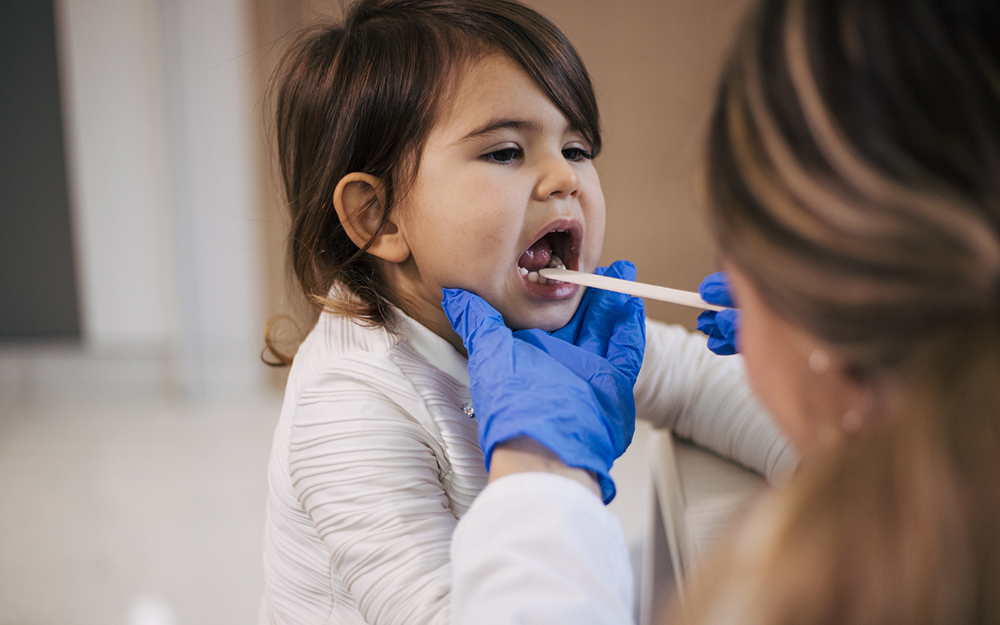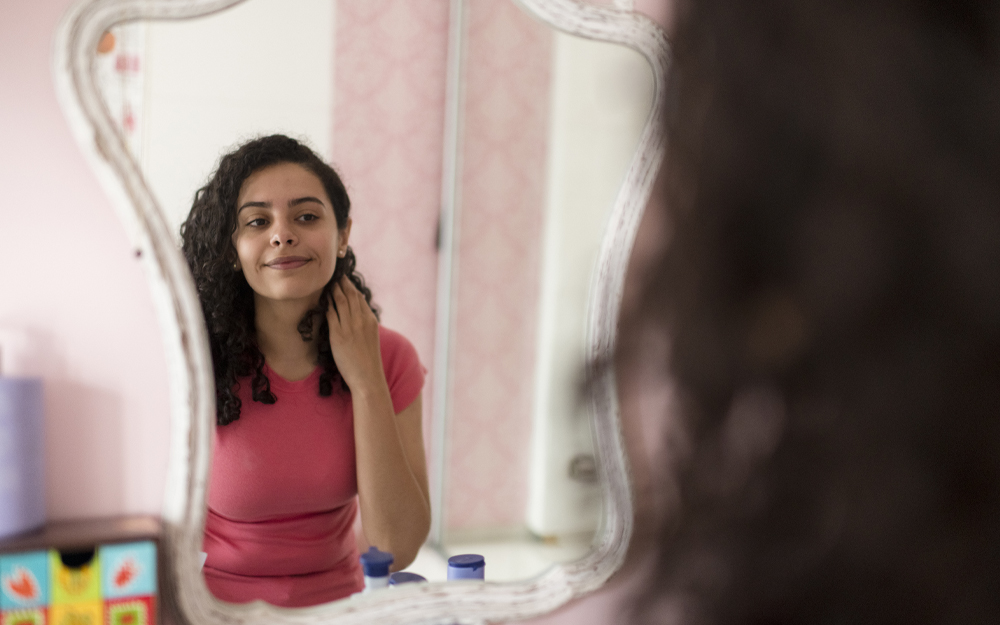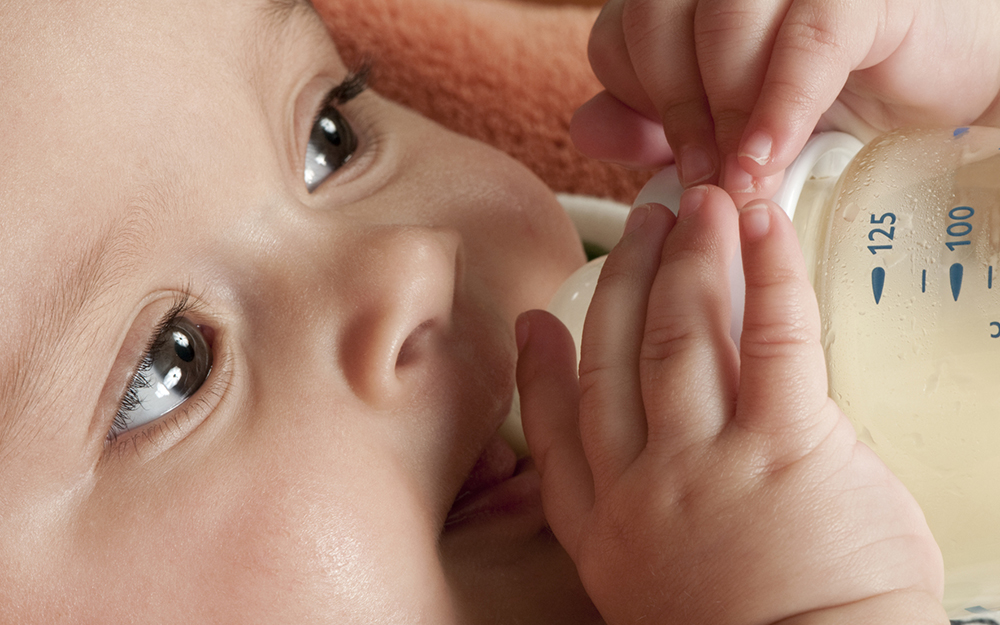How to Prevent Hearing Loss in Young People
Date
August 24, 2023
Credits
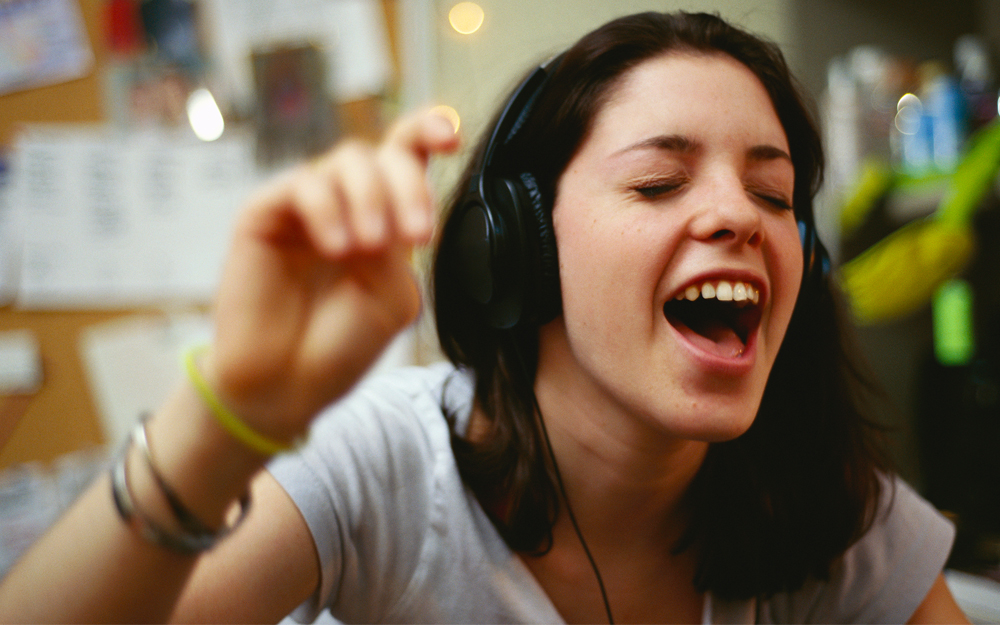
Date
August 24, 2023
Credits
Medical providers featured in this article


In Brief
{{cta-block}}
You may think hearing loss is a problem that only plagues older adults, but a growing number of young people are also affected. The reason? Increased exposure to loud music.
“Compared to 10 or 20 years ago, the biggest thing related to hearing is the amount of noise exposure in the world today,” said Yu-Tung Wong, MD, an otolaryngologist and neurotologist at Cedars-Sinai. “Everybody grows up with a set of earbuds in their ears.”
Many young people use personal listening devices for hours every day. Some also frequent loud entertainment venues, including bars, nightclubs and concert halls.
"The constant barrage of noise exposure becomes damaging to the ears over time, so give yourself breaks."
“Listening to loud music with earbuds or headphones can cause damage, because they’re in your ear canal or adjacent to your ear,” said Abhita Reddy, MD, a pediatric otolaryngologist at Cedars-Sinai. “And concerts expose patients to loud noises for long periods of time.”
An estimated 17% of teenagers and 19% of people in their 20s have signs of noise-induced hearing loss, according to research. And more than 1 billion young adults worldwide are at risk of permanent, avoidable hearing loss that’s caused by unsafe listening practices, according to the World Health Organization.
Fortunately, noise-induced hearing loss is preventable, although it may not be reversible. Adopting simple habits may help you preserve your hearing, and those same techniques can help your child, as well.
“Permanent hearing loss related to noise lasts a lifetime, and it sets you up for problems like tinnitus—ringing in the ears—and difficulty hearing when there’s background noise,” said Mia Miller, MD, an otolaryngologist and neurotologist at Cedars-Sinai. “Once you recognize a problem, do something about it.”
{{providers}}
How to Tell If Noise Is Too Loud
The volume of sound is measured in decibels. Normal conversation is 60 decibels. The sound of city traffic is 80 or 85 decibels.
People may listen to sounds at 80 decibels for eight hours without damaging their hearing. But concert performances or songs blasted through earbuds may be 90 decibels or higher.
Decibels are measured on a logarithmic scale. Music blaring at 90 decibels is 10 times more intense than music at 80 decibels, and it may damage your hearing after 2 1/2 hours of exposure.
“The louder you make it, the faster the damage occurs,” Wong said.
Pay attention, and you may start noticing when music is too loud. If you need guidance, a phone app with a sound-level meter can estimate decibel levels.
“They’re not calibrated, but they’re accurate enough to give you a guideline,” Wong said. “You can use that to decide to change something, if you’re somewhere that’s too loud.”
How Young People Can Protect Their Hearing
Use the following hearing-friendly practices to reduce your risk of noise-induced hearing loss.
Lower the volume
Keep the volume on your device at or below 50% or 60%.
“I tell patients about the 60-60 rule,” Wong said. “Listen to your device at no greater than 60% of the maximum amplitude for no longer than 60 minutes at a time. Not too loud, and not too long.”
If your child or teen wears headphones to watch movies or listen to music, monitor the volume to ensure they aren’t listening at above 50% or 60% volume. Young children should wear baby headsets or over-the-ear headphones, not earbuds.
Wear earplugs at loud venues
Carry earplugs in case you find yourself in a setting that’s too loud. They’re compact and inexpensive enough to stow some in your purse, gym bag, suitcase and glove compartment, so you’re always prepared.
“They’re very inconspicuous,” Miller said. “You can stick them in your ears, and they usually bring the noise down to a level that is comfortable.”
If your child is too young to put in their own earplugs and they’ll be in an overly loud environment (such as a concert or even a wedding, if you’re seated near the speakers), bring over-the-ear headphones for them to wear as protection, Reddy said.
Take breaks
Whether you’re wearing earbuds or at a live performance, periodically give yourself a break from loud music.
“After an hour of wearing earbuds, take them off for 10 or 15 minutes to let your ears rest,” Wong said. “In social situations, if they turn up the speakers and you’re bombarded by volume, be responsible and take yourself out of that environment. The constant barrage of noise exposure becomes damaging to the ears over time, so give yourself breaks.”
How to Manage Noise-Induced Hearing Loss
If you’re concerned about noise-induced hearing loss, see an otolaryngologist to have your hearing assessed.
“It’s important to have a baseline hearing test to assess where their hearing is when they first perceive the hearing loss,” Reddy said. “That gives us some data about whether or not the hearing loss could be progressing over time. It’s also important for them to see a doctor, because we can educate patients on safety practices to protect their hearing.”
An otolaryngologist may recommend a dietary supplement or prescribe medication.
“There’s research showing that N-acetyl-cysteine may help, so if you’re in the immediate period after a noise-induced hearing loss, it’s something we can try,” Miller said. “For any sudden change, we often try steroids, as well.”
Noise-induced hearing loss may make it harder to hear when there’s background noise, but it’s not impossible.
“We get a lot of information from looking at people’s faces, so look at someone when they talk, and ask them to enunciate,” Miller said. “In a busy restaurant, put your dining partner against the wall, with other noises behind you, to amplify what they’re saying.”
Many individuals with noise-induced hearing loss don’t need assistive listening devices, but hearing aids are available, when appropriate. There are even over-the-counter models. Young people may not want to wear them, but many hearing aids today are small and well concealed.
“We usually recommend hearing aids once people are missing sounds in the conversational range,” Miller said. “You can have a completely-in-the-canal hearing aid that you can’t see at all. There’s even one that is put in by the audiologist, left there for three months and then changed out. Not all are appropriate for every degree of hearing loss, but there are lots of options that fit a lot of different needs.”


